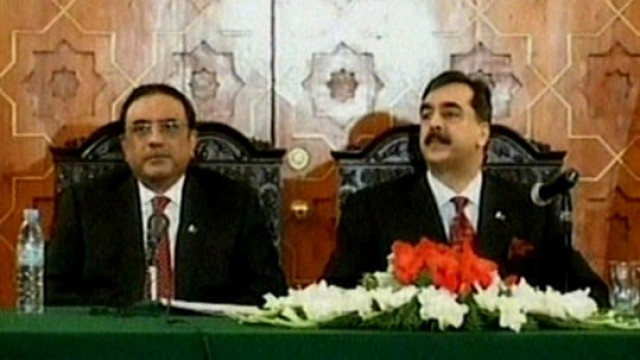Welcome measures for FATA
The changes in the FCR give people the right to appeal against decisions of the political agent.
The president has signed a draft law which introduces major changes in the lives led by the people of Fata under the Frontier Crimes Regulation (FCR) introduced by the British colonial set-up in 1848, essentially as a means to subjugate the rebellious Pashtun tribes of the region. Human rights activists have for years been demanding a change in these laws as a means to free the people of Fata and draw them into the mainstream. The fact that this has been denied to the seven agencies located along the Pakistan-Afghanistan border is undoubtedly a factor in the rise of dissent and militancy in the area. The sense of injustice perceived by people who live under the often whimsical dictates of the political agent inspires unrest which is exploited by groups such as the Taliban. In fact, the absence of a courts system also adds to this, as it helps militants and extremists to gain recruits to their cause. The changes in the FCR give people the right to appeal against decisions of the political agent. The Political Parties Order of 2002 has also been extended to Fata, allowing mainstream political parties to operate freely in the region. This is key to giving people the political and democratic rights they have sought and which could, in time, lure them away from the hold of militants. Just as important is the setting up of a three-member Fata tribunal which will act as an appellate court, similar to a high court, and headed by a chairman. A civil servant and a judge will form a part of the panel which can review judgements.
The worst element of the concept of collective justice included within the FCR has been removed. From now on, women, children under 16 and men over 65 cannot be subjected to the ‘collective punishment’ principle. The punishing of entire villages or the razing of houses of suspected criminals has been used as a means to keep order in the past. It is extremely welcome news that acts of injustice which in the past landed children as young as two years in jail will not happen anymore thanks to these changes. We hope that this is but a first step in yet more reform for the people of Fata.
Published in The Express Tribune, August 15th, 2011.














COMMENTS
Comments are moderated and generally will be posted if they are on-topic and not abusive.
For more information, please see our Comments FAQ